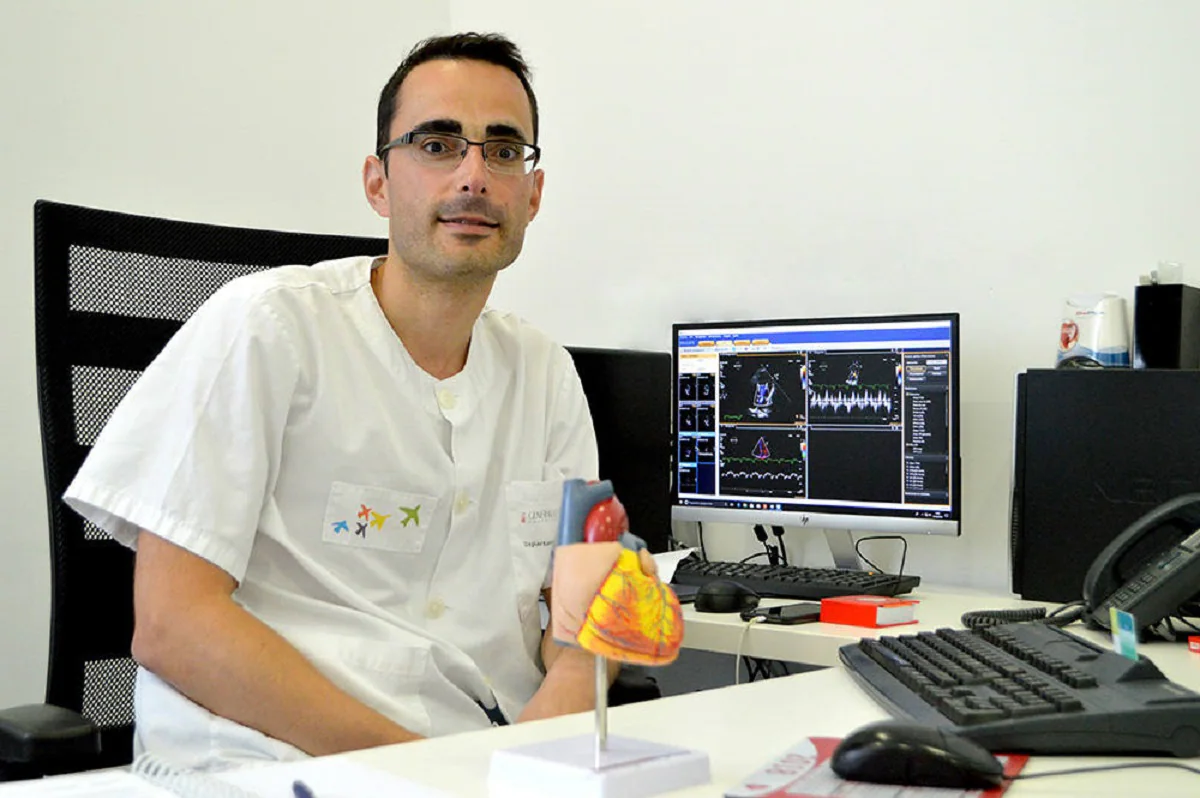Cardiology and sleep | The invisible problem of patients with cardiovascular diseases, which cardiologists discovered
A study carried out by the Cardiology Service of the Severo Ochoa Hospital in Leganes (Madrid) analyzed how sleep quality deteriorates in hospitalized patients with cardiovascular diseases. It has been observed that these patients, due to factors such as the stress of hospitalization, medical interventions and the nature of their condition, experience significant changes in their nighttime rest, which may negatively affect their recovery.
A study published in the Spanish Journal of Cardiology in October 2024 suggests the importance of addressing this issue to improve cardiovascular outcomes. On the one hand, patients with cardiovascular problems sleep worse. On the other hand, lack of sleep affects your recovery. Circular problem.
Research method and results
As detailed in the study, clinical and psychosocial data were collected from patients admitted to the cardiology department. The Pittsburgh Sleep Quality Index (PSQI), Health Questionnaire F-12 (SF-12), and Hospital Anxiety and Depression Scale (HADS) were administered, and statistical analysis and linear and logistic regression were performed.
The results were revealing. 100 patients with a mean age of 74.4 years (IQR: 64.3-81.2) were included and poor sleep quality was found to be widespread in 77% of cases. The duration of hospitalization in these patients was 3 days longer.
Influence of income and medications
In addition, it was found that low income and poor home equipment were more common in patients with poor sleep quality, who also received an average of 3 more medications and more antidepressants. According to experts, higher anxiety scores on the HADS (Hospital Anxiety and Depression Scale) and previous antidepressant treatment will help identify these patients and initiate a multifactorial approach.
Thus, a study conducted by Raúl Gascueña Rubia, Carlos de Blas Ruiz, Rocío Ruesgas Escario, Julia Gómez Diego, Belen Jiménez Azaoui and Juan Manuel Grande Ingelmo concluded that poor sleep quality is very common in patients hospitalized for heart disease. vascular diseases, and associated with this. to longer income and lower perceived physical health.
You can read a summary of the study published in the Spanish Journal of Cardiology.
The importance of sleep and problems in the hospital
Sleep plays a crucial role in the body’s recovery. During rest, the body restores tissue, regulates hormonal levels and strengthens the immune system. For patients with heart disease, adequate rest is vital because it helps lower blood pressure, manage stress, and regulate heart rate—all important factors for heart health.
For those hospitalized for cardiovascular disease, getting a good rest is not easy. The hospital environment is full of disturbances: noise, bright lights and the need to constantly monitor patients throughout the night. These factors, combined with the emotional stress caused by hospitalization, cause patients to sleep poorly or even less hours than necessary.

Special problems for patients with heart problems
Lack of sleep has a detrimental effect on your overall health, but it can be even more detrimental in patients with heart disease. Some of the problems associated with this are:
– High blood pressure. Poor rest can increase your blood pressure, which puts extra strain on your heart.
– Metabolic problems. Lack of sleep is linked to metabolic problems such as insulin resistance and diabetes, conditions that can worsen in people with heart disease.
– Changes in heart rhythm: insufficient or poor sleep can provoke arrhythmias or worsen existing ones, further complicating the patient’s clinical condition.

By improving sleep quality, patients not only rest better, but can also improve their response to treatment. Adequate rest allows the body to respond better to therapy and speeds up recovery. It also helps reduce the risk of long-term cardiovascular complications.
This issue, along with others, will be discussed at the Congress on Cardiovascular Health, which this year will take place in Bilbao from October 24 to 26.
